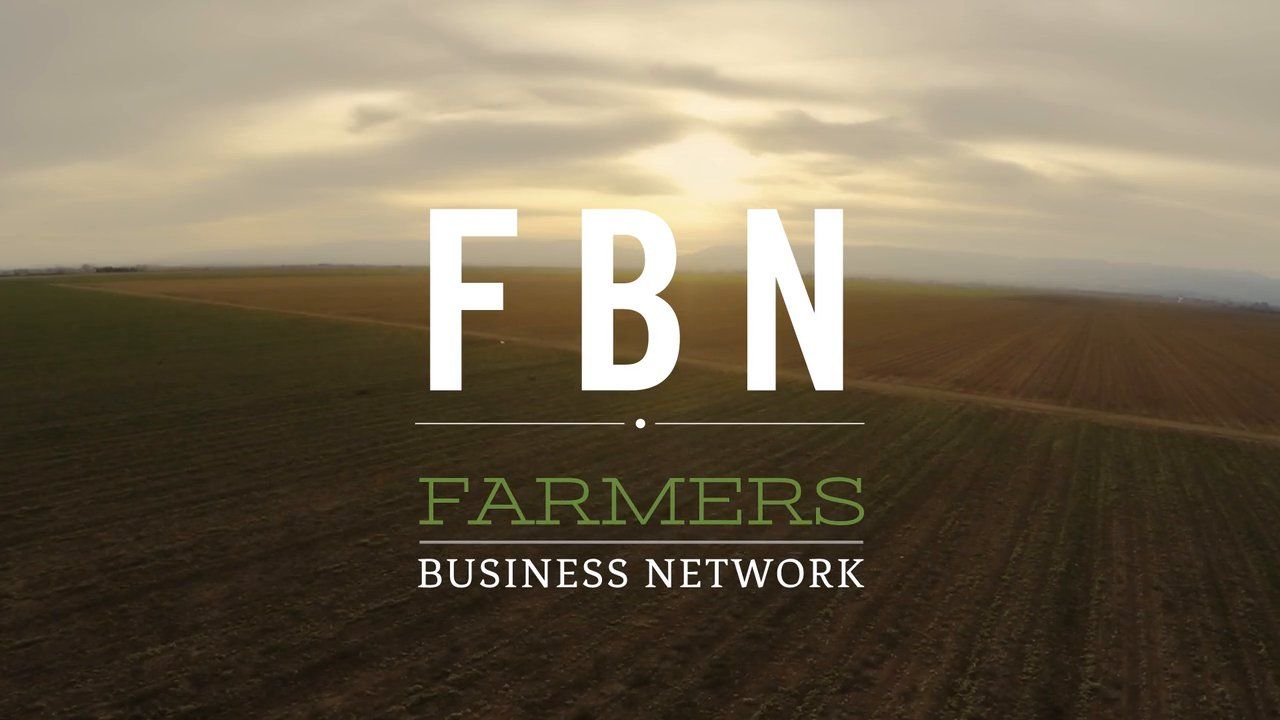
Farming is risky. Season to season, growers face uncertain conditions that affect crop quality and yield. Farm monitoring and data collection systems have become hot markets for their ability to reduce some of the unpredictability inherent in agriculture, but there’s another challenge in the advent of big data—how do growers uncover the full value of complex on-farm information and make use of it all?
Enter Farmers Business Network (FBN), a “farmer-to-farmer” network developed to analyze and simplify data pooled from the farm. For $500 per year—no matter the acreage—farmers gain access to the network, into which data files are submitted and integrated. Members can then view insights on seed selection, compare productivity with others in the network, and benchmark field performance over time. The system works with data extracted from any kind of precision ag equipment; for farms without such equipment, FBN will aggregate manually recorded data. Presently, there are hundreds of members and over four million acres worth of data analyzed.
According to Charles Baron, VP of product development, the system produces the richest data sets available to farmers right now. “The impetus is that growers don’t have as much information about their land as they should,” he said. “We’re providing farmers with the tools to make better decisions in the future.”
Founded in 2014 by Amol Deshpande, a partner at Kleiner Perkins, FBN raised $4.6 million in venture capital last April and has received lots of attention since the system launched in November. While the network allows farmers to evaluate their own field performance against other farms, the data is anonymous, and FBN stresses that security and user confidentiality is a top priority.
“The number one thing growers are concerned about is that the data will be used in ways that will hurt their farms rather than benefit them,” Baron said. “By using our network, farmers are connected in a way that’s completely safe. FBN is in the business of analyzing data—we do not share that information with anyone.”
FBN is beefing up its team—Ed Rowe, former VP of product and technology at Adobe, is a new hire—and buckling down for more visibility as the system expands its user base; according to Baron, the network has grown mostly from word of mouth until just recently. Although members are mainly concentrated in the Midwest region, FBN has mapped data in 15 different states, and that number is expected to rise. With each new user, Baron said the FBN network becomes “more powerful, intuitive, and complete.”
This month, the company released the FBN Seed Finder app for Apple devices, which displays seed performance results from 400 seed varieties. As FBN moves into its second year, it hopes to not only improve efficiency on individual farms, but to also strengthen entire farming communities through accessible data. “We want to help farmers help farmers,” Baron said.
FEATURED IMAGE: Brad Higham/Flickr





